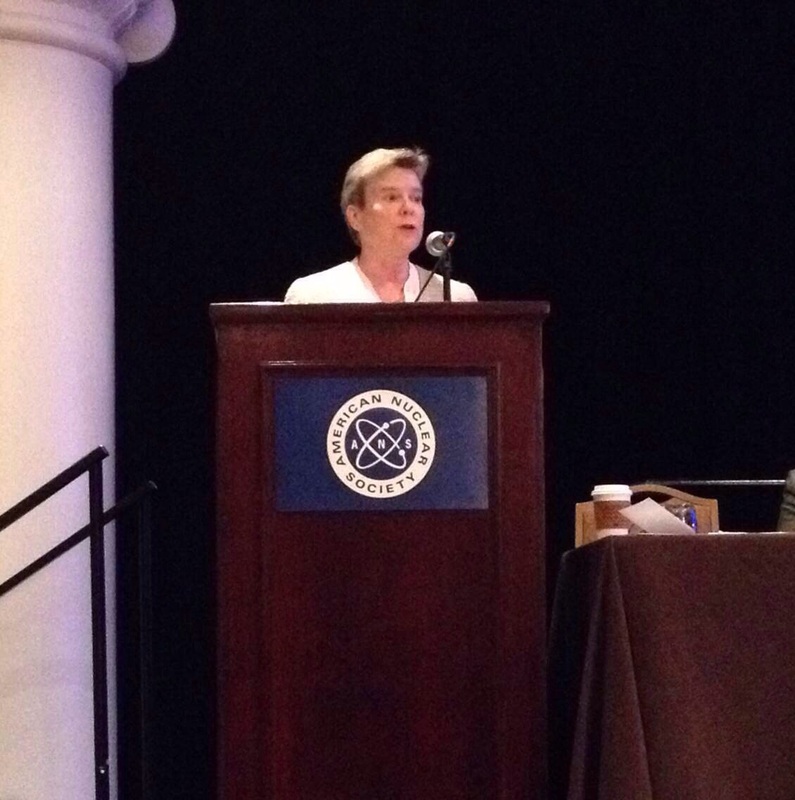There is an embedded topical meeting on nuclear nonproliferation at the American Nuclear Society (ANS) conference in Washington, DC this week. A common theme among speakers and attendees is about how effective the nuclear nonproliferation regime has been. The regime includes many measures instituted by countries and international organizations to mitigate the spread of technology and material that can be used for nuclear weapons and to disarm the current fleet of nuclear weapons.
The Non-Proliferation Treaty (NPT) is the cornerstone of this regime and signed by 190 countries. President John F. Kennedy said that this treaty was important because he warned that there would be dozens of nuclear weapons states by now. There are currently five countries recognized as "weapons states" by the NPT, including the United States, Russia, China, France, and United Kingdom. There are three countries commonly known to have nuclear weapons, India, Pakistan, and Israel, and they are not signatories to the NPT. Finally, there are a couple of countries that are accused of violating the treaty by attempting to develop nuclear weapons. Therefore, it can be said that the NPT has been successful because there are a total of 8-10 countries that have nuclear weapons, and not dozens, as was predicted in the 1960s.
In the same session, Rose Gottemoeller (Undersecretary for Arms Control and International Security) stated that the Non-Proliferation Treaty has been successful. She also highlighted that disarmament of nuclear weapons between Russia and the United States is moving along. Did you know that about 10% of the total electricity in the United States comes from old Soviet weapons? Russia actually dismantles nuclear weapons and downblends the uranium to a concentration that cannot be used for weapons. This uranium is then sent to the United States and fabricating into fuel for our commercial reactors. The fuel is the same as the regular fuel that is used in reactors, where the uranium is mined from the ground instead of downblended from nuclear weapons.
It seems that the government officials implementing policies and programs (Gottemoeller and Holgate) are more optimistic about the nonproliferation regime than those outside of the government that are advocating for more action (Nunn).
Do you think the nuclear nonproliferation regime is effective?


 RSS Feed
RSS Feed

